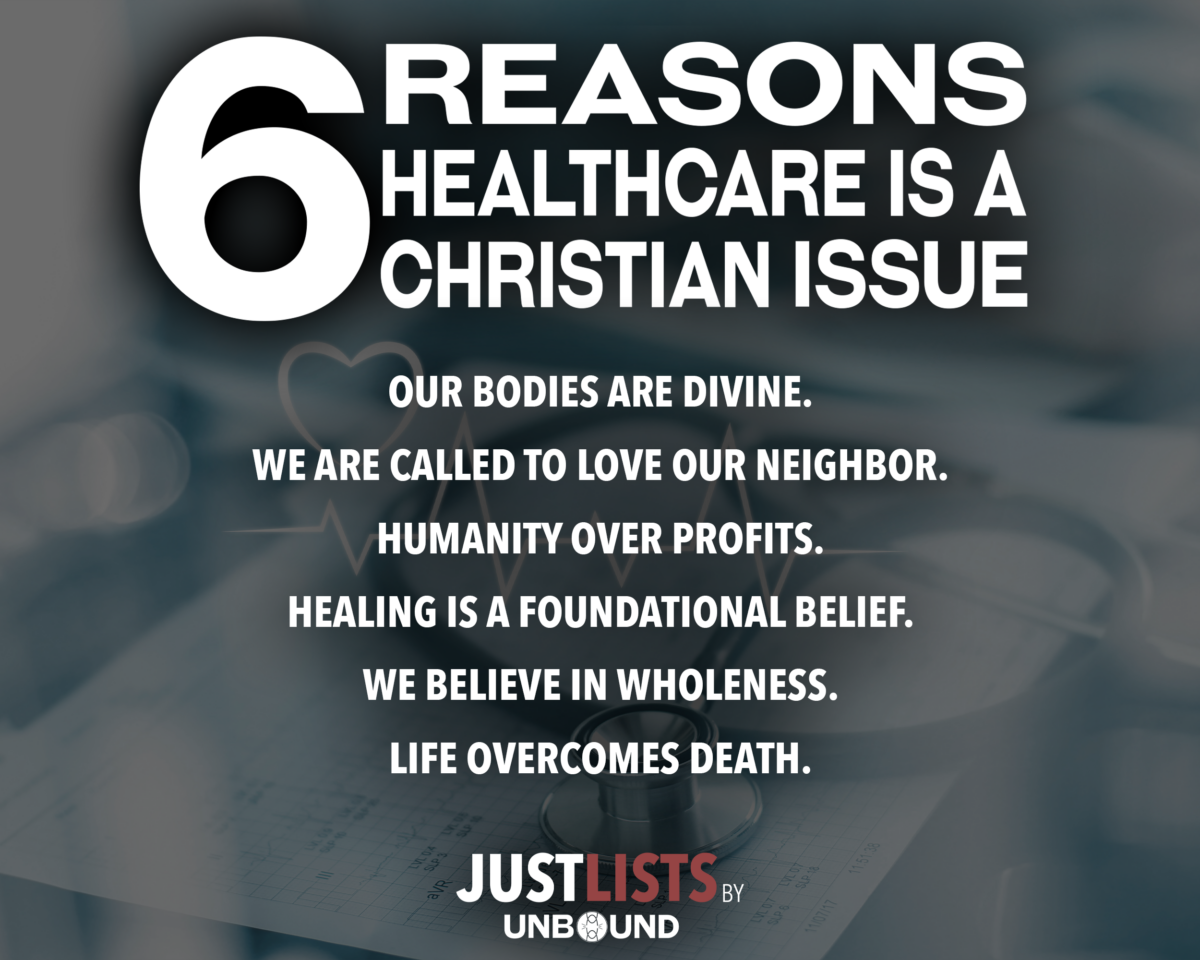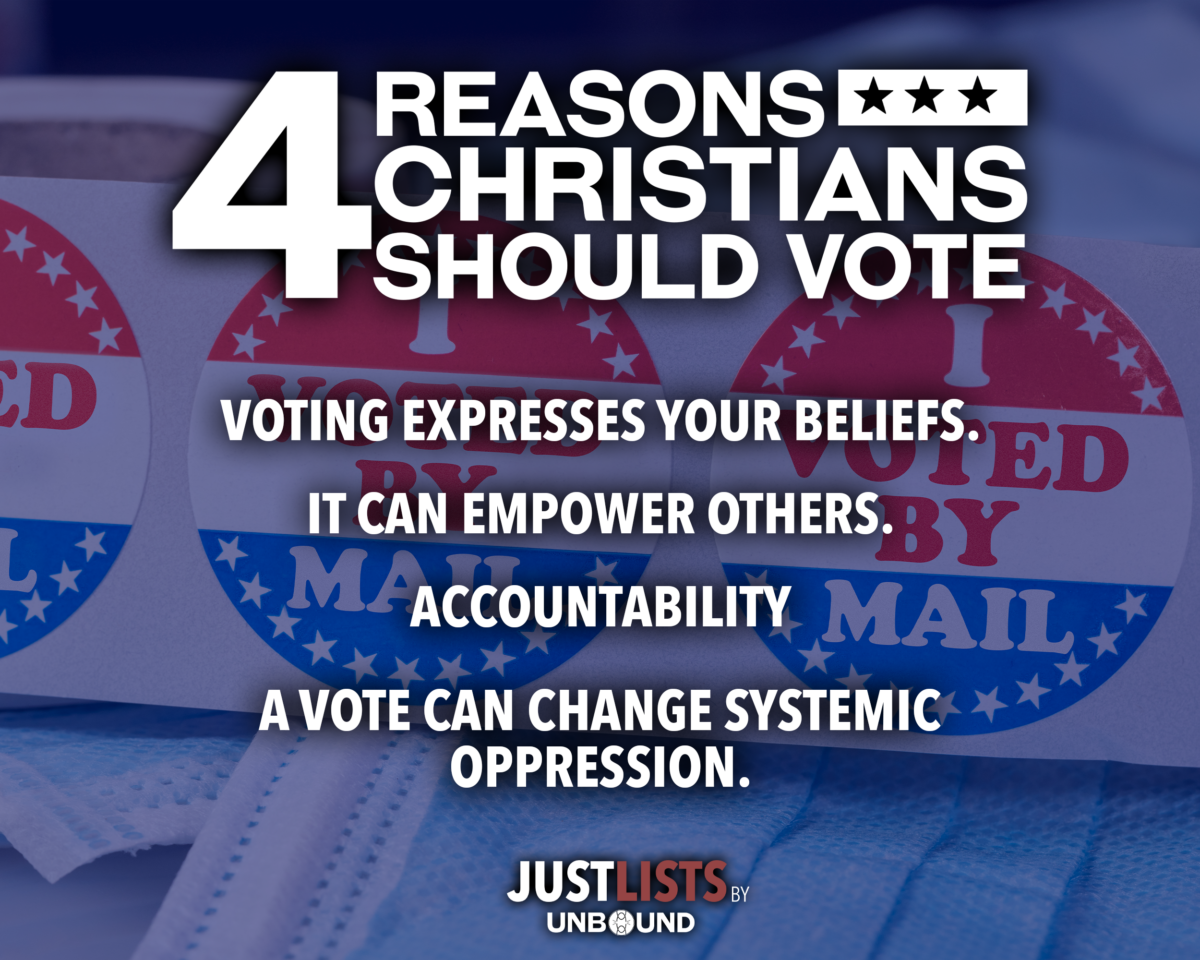SAINTS
Reading poetry is one of the ways some of us nourish our faith, a way we set or reset our inner compass and stay focused on the big picture, on the spiritual journey. I know that is true for me. In this monthly column, Setting the Inner Compass I share some of the poems I find nourishing to the soul.
November 1st is ALL SAINTS DAY, a day in the church year when we remember those who have gone before us. It is a day when I remember the women and men through whom the light of God shined on my life. When I talk about saints in this context, I am not talking about those canonized by the church. I am talking about those people through whom God’s light has shined on our life, on our path. In the congregations I served, the Sunday nearest ALL SAINTS DAY was a time when we invited folks to share photographs of the saints in their lives who felt particularly present to them that Sunday. We would then take time in the Pastoral Prayer to name them and give thanks.
There are several poems that come to mind when I think of the Saints. I’ve used several of these poems in memorial service homilies including Mary Oliver’s “When Death Comes’’ with its great line, “I don’t want to end up simply visiting this world[1]”. Surely our saints are those “who don’t end up simply having visited this world.” I’ve also read a couple Jane Kenyon’s poems including “Notes from the Other Side” and “Let Evening Come”[2] which ends, “God does not leave us comfortless so let evening come.”
The featured poem this month is Maya Angelou’s poem, “Ailey, Baldwin, Killens, and Mayfield” known best by its opening lines, “When Great Trees Fall”. This remarkable poem takes the reader on the journey of grief, loss and hope. It begins with the way loss shocks our system and echoes in the world around us, the poem then moves through numbness, regret, and confusion. It ends with affirmation and invitation.
This All Saints Day I grieve and miss the ‘great souls’ in my life. I think particularly of Bill, my mom, Mark, Pat, and Greg. I think as well of Ruth Bader Ginsburg. In the poem, Maya Angelou invites us to honor our saints by being inspired by them. It ends, “We can be. Be and be better. For they existed.”
Peace,
Dave
Note: My poem, “Yellow Bird Feeder “will be published October 28 on the Echoes of Panhala Facebook page. I invite you to check it out.
Ailey, Baldwin, Killens, and Mayfield (When Great Trees Fall)
by Maya Angelou
When great trees fall,
rocks on distant hills shudder,
lions hunker down
in tall grasses,
and even elephants
lumber after safety.
When great trees fall
in forests,
small things recoil into silence,
their senses
eroded beyond fear.
When great souls die,
the air around us becomes
light, rare, sterile.
We breathe, briefly.
Our eyes, briefly,
see with
a hurtful clarity.
Our memory, suddenly sharpened,
examines,
gnaws on kind words
unsaid,
promised walks
never taken.
Great souls die and
our reality, bound to
them, takes leave of us.
Our souls,
dependent upon their
nurture,
now shrink, wizened.
Our minds, formed
and informed by their
radiance,
fall away.
We are not so much maddened
as reduced to the unutterable ignorance
of dark, cold
caves.
And when great souls die,
after a period peace blooms,
slowly and always
irregularly. Spaces fill
with a kind of
soothing electric vibration.
Our senses, restored, never
to be the same, whisper to us.
They existed. They existed.
We can be. Be and be
better. For they existed.
“Ailey, Baldwin, Killens, and Mayfield (When Great Trees Fall)” from I SHALL NOT BE MOVED by Maya Angelou, copyright © 1990 by Maya Angelou. Used by permission of Penguin Random House LLC. All Rights Reserved.
[1] “When Death Comes” by Mary Oliver is found in her collection Devotions (Penguin Press 2017).
[2] The two Jane Kenyon poems I reference are found in her collection Otherwise (Graywolf Press, 1996).
Rev. Dave Brown is a writer, creator/host of Blues Vespers, one of the PNW Interfaith Amigos and former pastor of Immanuel Presbyterian Church, Tacoma WA. He serves on the PCUSA Education Roundtable.






Unbound Social